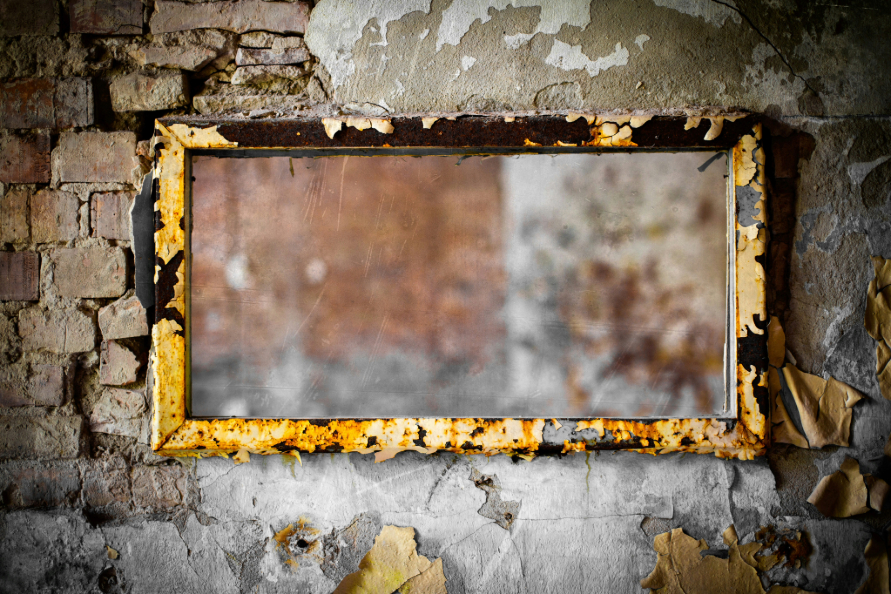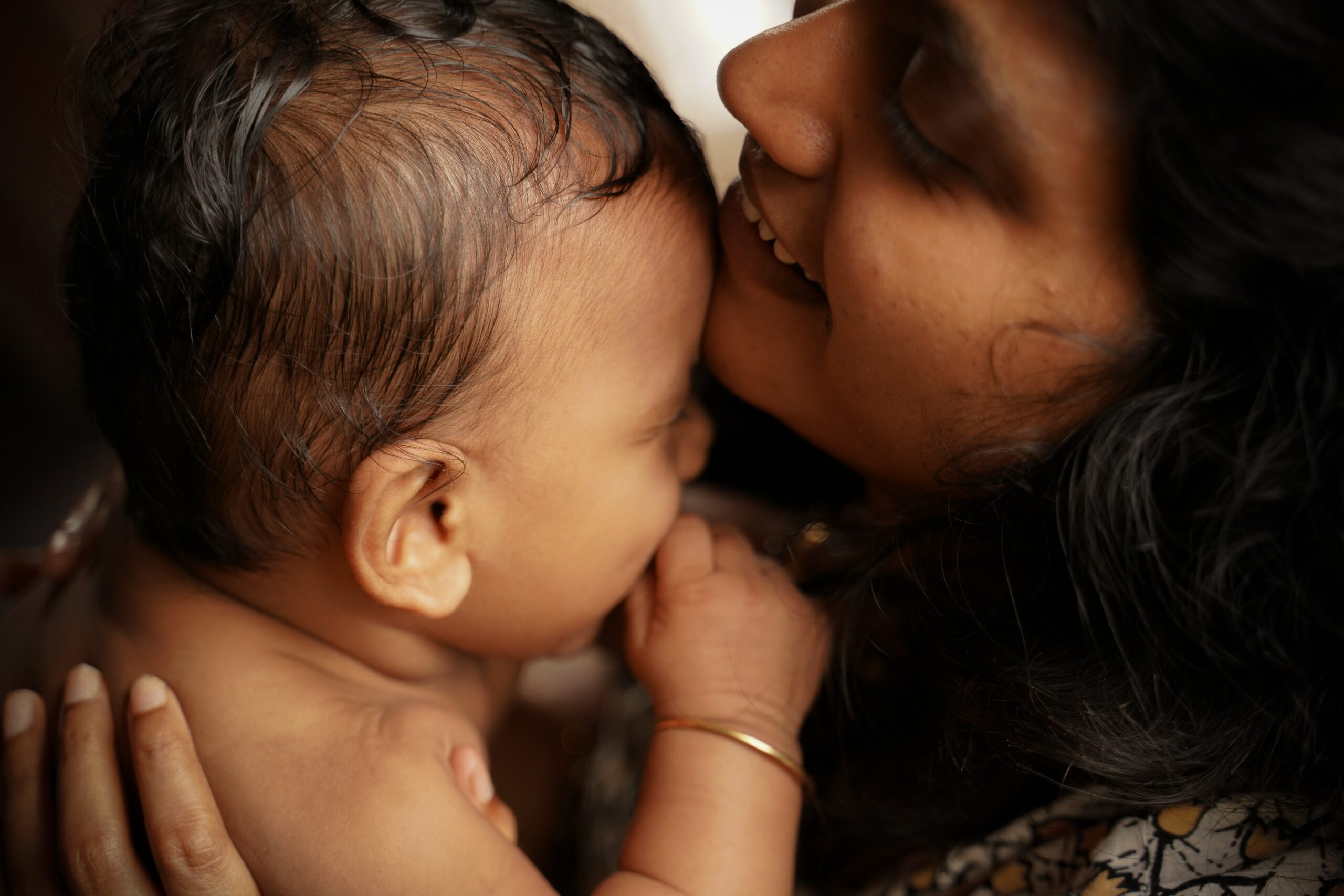A Mountaintop Prayer
Chris and Erica Green
“I have a dream that one day this nation will rise up and live out the true meaning of its creed …”
“Injustice anywhere is a threat to justice everywhere.”
“The ultimate measure of a man is not where he stands in moments of comfort and convenience, but where he stands in times of challenge and controversy.”
-Dr. Martin Luther King, Jr.
As young African-American children, we remember reciting the powerful words of Dr. Martin Luther King Jr. at our church’s annual Black History Program. All of the church’s youth took part in the program, but those of us selected to recite the words of the great Dr. King knew that we couldn’t just read them. We couldn’t merely say them. No—we had to become Dr. King. We had to emulate him. We had to channel his passion. We had to bear his burden. Although his voice was no more, we picked up the mantle and added our voices to his words. We stood a little straighter, a little taller, with backs arched, shoulders squared, eyes focused, poised and proud as we emphatically decried the racial injustice Dr. King died fighting against.
It doesn’t matter our race, age, background, or family history—we’ve all been impacted by the life and legacy of Dr. Martin Luther King, Jr. It is incumbent on all of us today to square our shoulders, use our voices, pick up the mantle, and do our part to fulfill Dr. King’s dream.
Dr. King lived and died fighting for racial equality. His “I Have Been to the Mountaintop” speech was the last public speech he gave before being assassinated in 1968. In this speech, Dr. King alluded to Deuteronomy 34:1-4, where Moses, charged with leading the Israelites out of Egyptian captivity, was shown the Promised Land from a mountaintop. Though Moses would never enter the Promised Land in his lifetime, his leadership paved the way for the next generation. Like Moses, Dr. King envisioned a “Promised Land” where all of God’s children would be treated equally, but he wouldn’t experience it in his lifetime. Still, his dream paved the way for racial equality for generations to come.
Although it’s been 50 years since Dr. King’s assassination, his prophetic voice and unwavering faith still ring in our hearts today. Dr. King’s quest to fight injustice non-violently was a direct result of his faith in God. After preaching his first sermon at Ebenezer Baptist Church, Dr. King would continue to draw upon his faith and communities of faith to aid in the nonviolent fight for racial equality.
Summit, we are the product of Dr. King’s advocacy, faith, and prayers. Our multi-ethnic church reflects the faith of men and women, who, like Dr. King, believe God died for all of us and that all of us bear his image. We are the vessels by which Dr. King’s dream will live on. The work isn’t complete yet. We haven’t fully realized Dr. King’s dream yet. We don’t fully see it yet. But we have faith. The gospel gives us hope. We must hold fast to hope as we strive to be a church that reflects and values all of God’s image bearers. We must continue to fight against injustice and proclaim the good news of the gospel to a divided, lost world. We must do so with boldness, urgency, intentionality, and total dependence on God.
As we embark upon our Year of Prayer as a church, let’s pray bold, audacious, faith-filled prayers like Dr. King. Though our mountaintop prayers may not be fully realized in our lifetime, we must not lose heart. Like Dr. King, let us not grow weary of doing good, for in due season we will reap if we do not give up.
A Mountaintop Moment
Pastor J.D.
“We’ve got some difficult days ahead. But it really doesn’t matter with me now, because I’ve been to the mountaintop. And I’ve looked over. And I’ve seen the Promised Land.”
-Dr. Martin Luther King, Jr.
Our Declaration of Independence put forth a lofty ideal about the equality of races, one of the most eloquent and profound any government had ever made: “We hold these truths to be self-evident, that all men are created equal.” Yet before the ink on the page was dry, many of its framers had returned home to their slaves.
Our country has always had high aspirations of equality, but we’ve never been able to achieve them. Not during the century of our birth, when imported African slaves were bought and sold as subhuman property. Not after the Civil War, when Jim Crow laws kept newly liberated African-Americans from the full rights of citizenship. Not today, when there are still disparities between the black experience of America and the white experience.
Sometimes I get discouraged with our lack of progress. But when I listen to the words of Dr. Martin Luther King Jr., I don’t hear the voice of one defeated or discouraged. I hear the voice of someone who has seen something—something, in God’s power, possible; something God wants to give.
The mountaintop is where we see the world as God meant it to be, the world that Jesus died to recreate. Multi-racial harmony is a preview of God’s eternal kingdom, and God wants to display it first through his church. What our society has been unable to produce through its laws, God creates through the gospel.
The gospel teaches us that all men are created equal because they are each alike made in the image of God. All races suffer from a common problem, sin, and look toward a common hope, Jesus. That gospel creates a new humanity, a redeemed race made up of all colors, in Christ’s image. God created the races to display his glory like a multi-splendored diamond, and we ought to see that glory first reflected in the church.
Fifty years ago, Dr. King looked ahead and boldly declared that God’s desire for racial harmony was possible. Summit family, as we look to our future, would you join me in asking God to give us the courage to speak—and live—a similar word of counter-cultural, racially diverse, bold, and unified faith?
I believe that God has appointed this moment in the world for the church to rise up and demonstrate that unity the world searches for in vain. From that mountaintop we continue to dream; toward that promised land we continue to strive.


